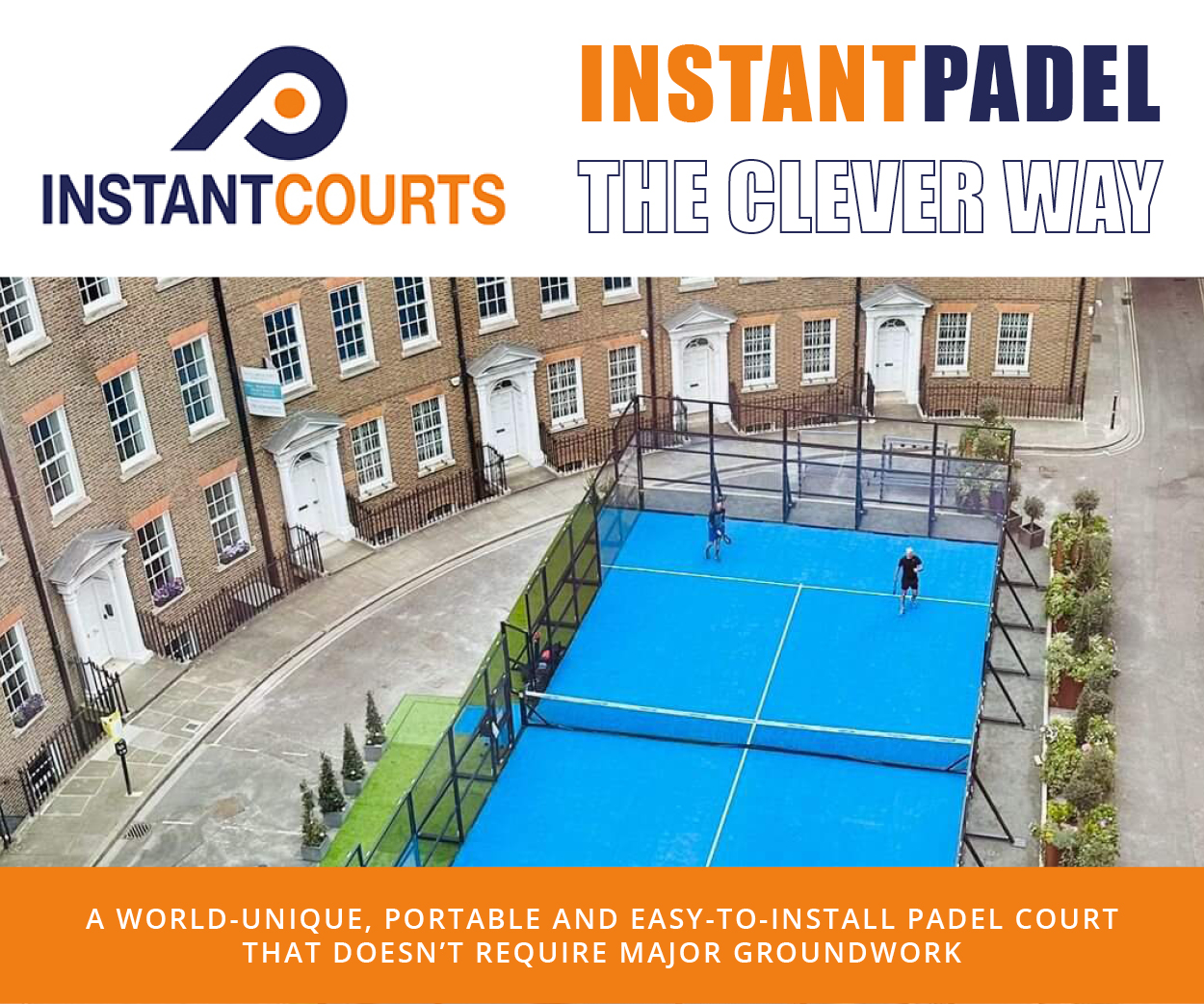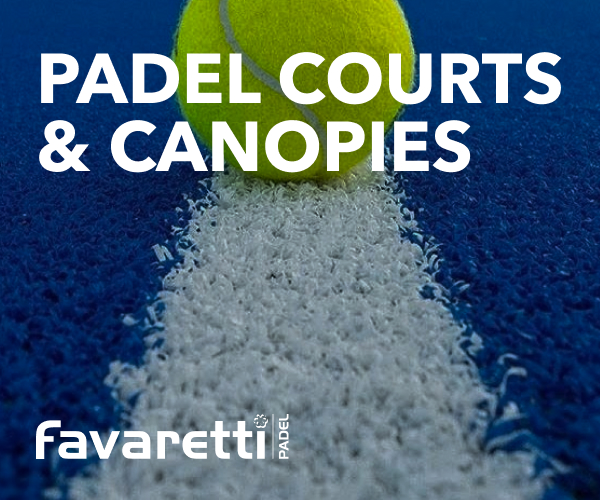A recent spate of complaints from Middle Englanders about noise pollution from padel courts has been leapt upon by the British media, who have cottoned on to padel’s growing popularity and are hunting for headlines.
In the last couple of weeks, The Daily Mail and Sunday Times have reported on local residents’ objections to proposed padel projects in Bath and Weybridge and complaints about noise from courts in Winchester.
Complainants described the sound from padel courts as being “like a rifle shot every time the ball is hit” and one said: “Noise is the Achilles heel of padel.”
Objections made by nearby residents led to to Bath’s Lansdown Tennis, Squash and Croquet Club’s planning application for two outdoor padel courts and a mini tennis court being turned down last August. Local homeowner John Baxter said: “There will be disruption and negative impact upon health, outlook, privacy, noise and the right to a peaceful life.”
Plans for the addition of three outdoor padel courts at the exclusive St. George’s Hill Lawn Tennis Club in a private gated community in Surrey also had to be shelved due to 42 objections, many of which cited the fear of noise pollution. The club were forced to change plans and build the courts indoors at an increased cost of around £250,000.
One neighbour said: “The noise will inevitably be intolerable,” while another claimed: “I think it’s madness – the reason people live here is because of the peace and quiet.”
In December, homeowners threatened to take Winchester Racquets and Fitness Club all the way to the Supreme Court over the “constant” swearing, floodlights and ‘gunshot’ sounds emanating from its padel courts.
For existing rackets clubs looking to add padel and for prospective new padel clubs, these issues are a concern and exacerbate the familiar roadblocks caused by the slow, under-resourced and complex UK planning application system.
It’s not a problem that’s limited to the UK. The thumping noise of a padel ball being struck and the crash of the ball against the grill has actually led to the Dutch Tennis Association, KNLTB (who govern padel in the Netherlands) introducing guidelines stating that noise from padel courts should not exceed 91 decibels.
Recognition of the issue has led to innovations from companies like NXPadel and Padel Alba. Italian firm NXPadel use fibreglass to limit the crashing sound of the ball hitting the grill, while Padel Alba have manufactured and tested an acoustic screen which surrounds one or more padel courts to limit the noise to surrounding areas.
Padel can take some solace from its noise problem paling in comparison to the repetitive loud ‘pop’ of rapid pickleball rallies, which has sparked several lawsuits in the States.









































